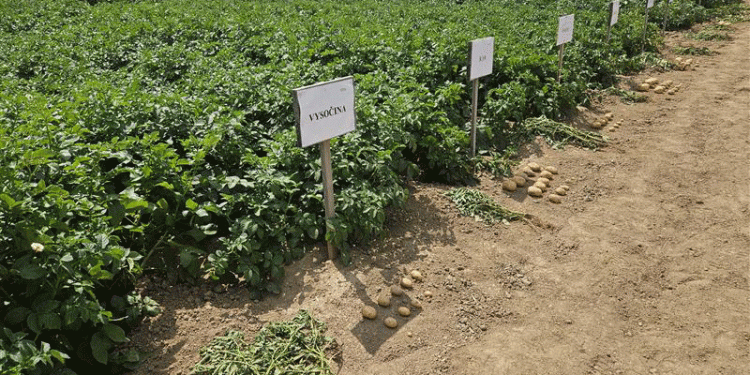Potato farming in the Vysočina region of the Czech Republic is at a crossroads, blending tradition with modern agricultural practices. Recent events, including the Field Day on Potatoes in Olešná and the Potato Seminar in Havlíčkova Borová, have brought together farmers, agronomists, and industry experts to discuss the future of this vital crop. With new data and a focus on sustainability, these gatherings reflect a cautious yet optimistic outlook for potato cultivation in Vysočina.
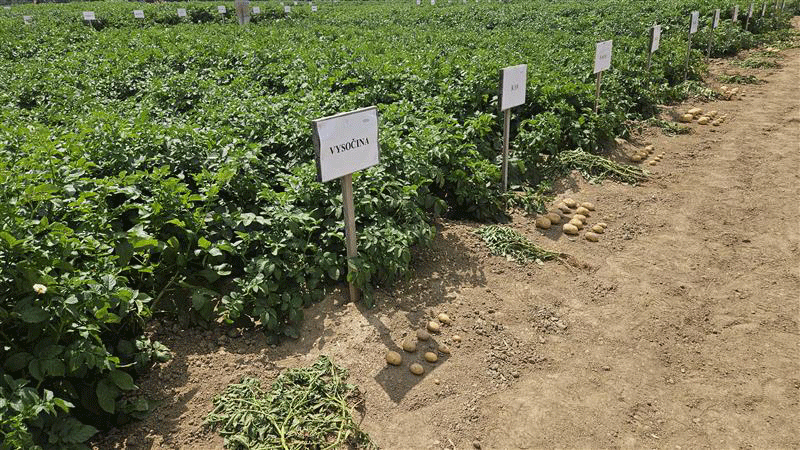
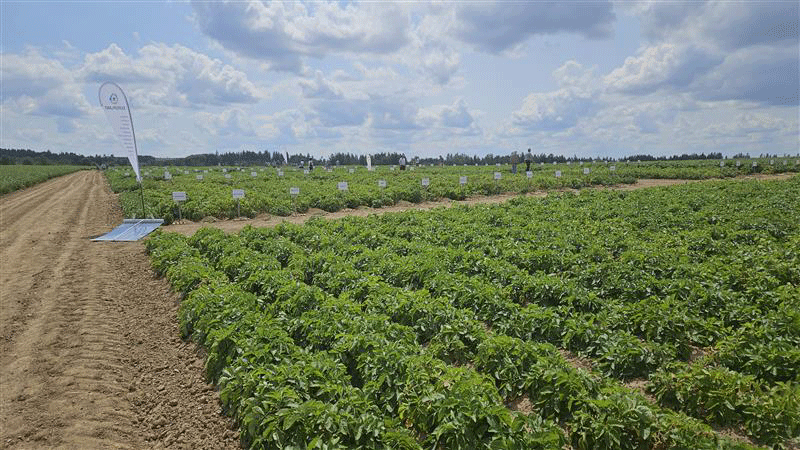
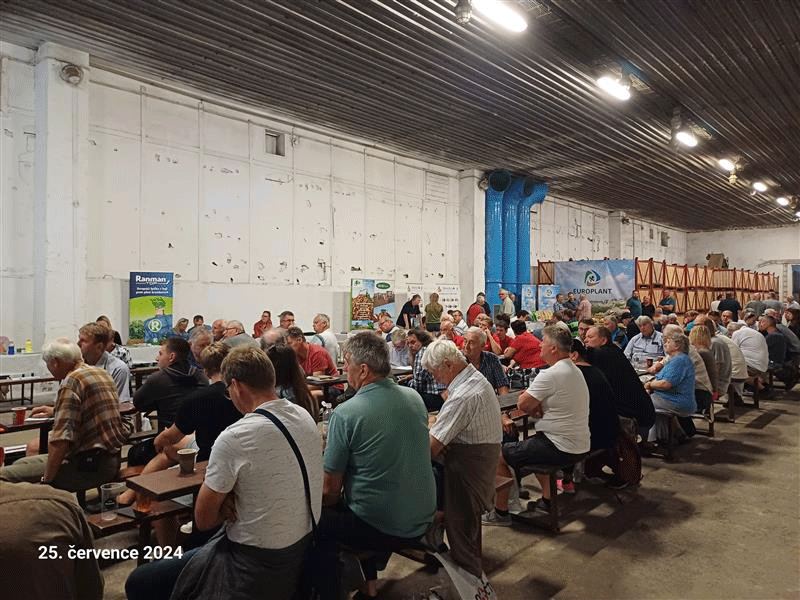
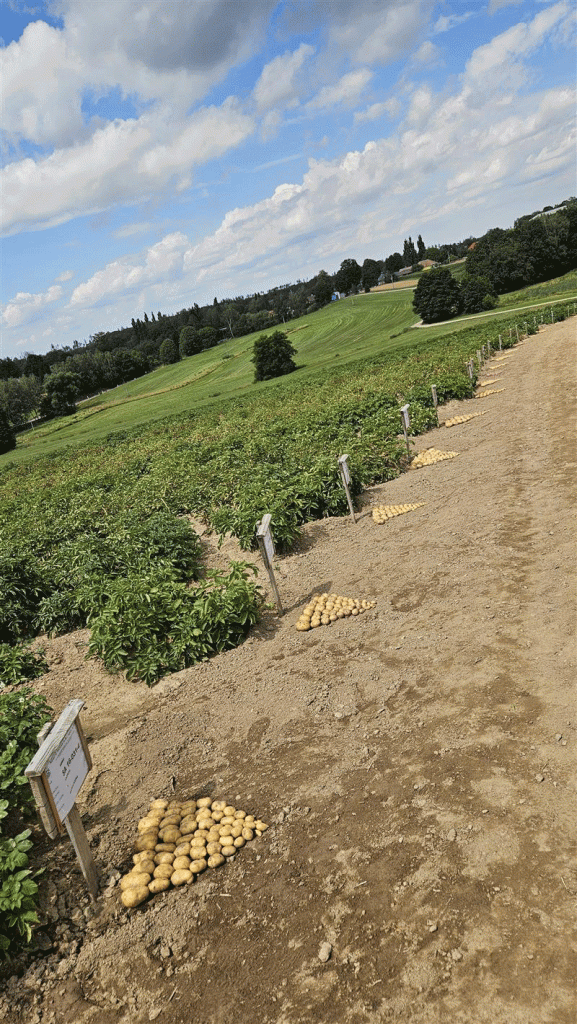
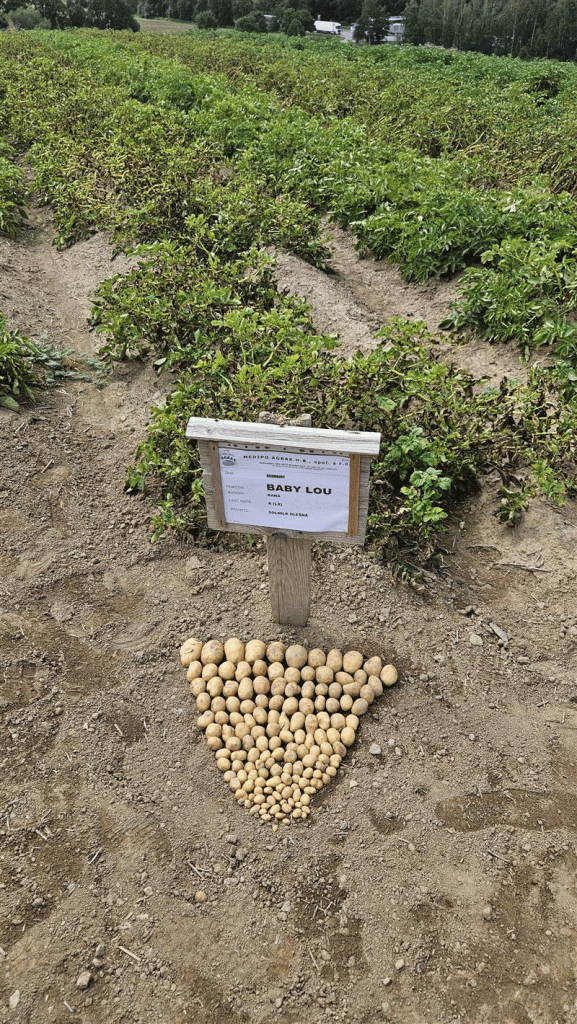
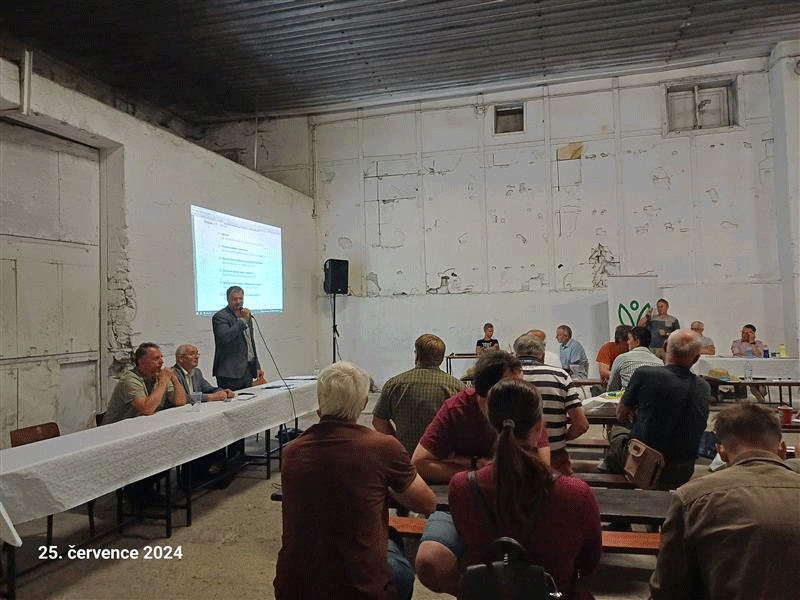
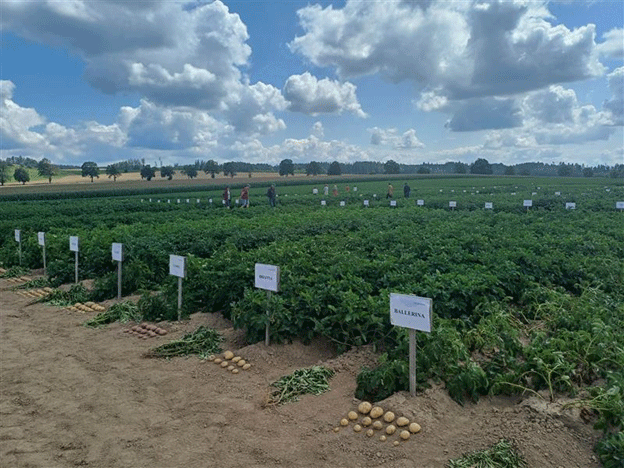
Potato Varieties and Regional Significance
The Czech Republic’s commitment to potato farming is evident in the State Register of Varieties, which currently lists 123 different potato varieties. These include 25 very early, 39 early, 38 semi-early, and 21 late varieties. Vysočina, a region known for its robust agricultural heritage, leads the nation in potato cultivation, covering 7,828 hectares, or 34.5% of the total potato farming area in the country.
In comparison to the previous year, the total area dedicated to potato cultivation in the Czech Republic has increased slightly to 28,911 hectares from 27,020 hectares, indicating a reversal of the declining trend observed in recent years. This expansion, coupled with favorable weather conditions, suggests a promising harvest season for the region.
Challenges and Innovations in Potato Farming
Despite the positive outlook, potato farmers in Vysočina face several challenges, including disease management and market competition. The Potato Research Institute in Havlíčkův Brod provided valuable insights into managing fungal and stem infections, as well as the benefits of using straw mulch. These practices are crucial for maintaining healthy crops and maximizing yields.
The Czech Potato Association has been proactive in supporting integrated potato production, offering updates on subsidies, including a rate subsidy of up to 0.77 CZK per kilogram of potatoes, and information on the upcoming 2025 certification standards. These initiatives are designed to ensure that Czech potato farming remains competitive and sustainable.
Economic and Market Considerations
The economic viability of potato farming is a central concern for Vysočina’s farmers. Although the Czech Republic is currently 70% to 75% self-sufficient in potato production, there is a recognized need to increase domestic consumption and reduce reliance on imports. Josef Králíček of the Czech Potato Association emphasized that while the country is not fully self-sufficient, the increasing consumer interest in locally grown, high-quality potatoes is a positive development.
Farmers have noted that potatoes sold directly by local producers maintain better quality compared to those stored in large retail chains, where improper storage can lead to a decline in product quality. This direct-to-consumer model is seen as a way to improve profitability for farmers and provide consumers with superior products.
The Role of Vysočina in Czech Potato Production
Vysočina’s importance in Czech potato production cannot be overstated. The region not only leads in the area under cultivation but also contributes significantly to the production of seed potatoes, table potatoes, and starch varieties. Concentrated efforts in the Havlíčkův Brod and Pelhřimov districts have made these areas hubs of potato farming excellence.
Pavel Hájek, the regional councilor for the environment and agriculture, highlighted the significance of potatoes to the region, noting the government’s active role in supporting the industry through events like the Field Days and the Potato Days, as well as competitions such as the Vysočina Potato Flower. These events not only promote local agriculture but also serve as platforms for sharing knowledge and showcasing the latest in potato farming techniques.
The future of potato farming in Vysočina looks promising, thanks to a combination of traditional expertise and modern agricultural practices. With continued support from the government, advancements in disease management, and a growing consumer preference for locally sourced produce, the region is well-positioned to maintain its leadership in Czech potato production. However, ongoing challenges such as market competition and the need for increased self-sufficiency must be addressed to ensure long-term success.

